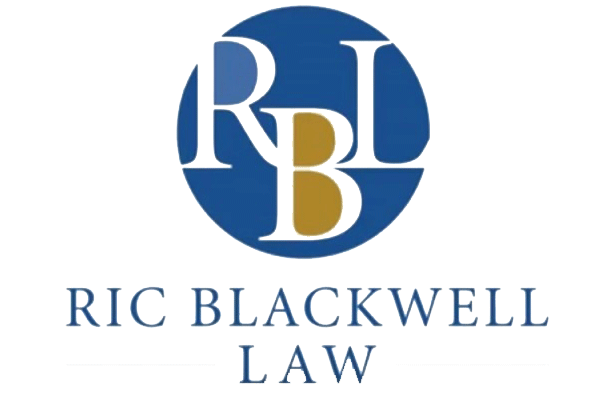Estero Real Estate Lawyer
Pros and Cons of Home Refinancing vs. Mortgage Modification
Your new house was supposed to be your retirement palace. It wasn’t cheap, but living in paradise costs money—maybe more than you actually have—but you can’t bear the thought of selling until you’ve exhausted all of your options. Is there any way to lower the monthly payments or to bring your interest rate down?
Differences Between Refinancing and Mortgage Modification
The main difference between these two financing options is whether you wish to keep your existing loan under new terms (mortgage modification), or get a completely new mortgage with new terms, interests rates, and payments (refinancing). Here are a few pros and cons of each mortgage option:
Mortgage Modification
In cases where a homeowner is unable to afford his mortgage payments, the mortgage provider may offer a lower rate on the loan, called mortgage modification. The most common benefits are:
- You are allowed to keep your existing loan.
- The process is cheaper than refinancing.
- Mortgage modification helps bring down monthly payments.
- It will reduce interest rates.
- You can avoid foreclosure.
While modification may allow you to pay less money per month, it often means extending the term of the loan or paying additional fees. In addition, some people are so grateful for the option of modification that they accept the first offer on a new rate without negotiation, losing them hundreds of thousands of dollars over the life of the loan.
Refinancing
Refinancing involves paying off your existing loan with a new mortgage. Most people choose to refinance a home if they cannot reduce their current rate, or if they want to switch from an adjustable rate to a fixed rate mortgage. Some homeowners are able to borrow an additional amount when refinancing by using the equity they have built up in their homes. Benefits of refinancing include:
- Modifying the length of loan repayment
- Reducing your interest rate
- Lowering monthly payments
- Getting cash in hand to pay other costs or debt
- Consolidating multiple mortgages into a single loan
While lenders may offer these options for reducing payments, they often come with fees and penalties. Your existing lender may charge you a penalty for paying off your mortgage early, you will have to pay closing costs when refinancing—and after all the paperwork is signed, you may find that you are ultimately paying more in interest than you were before.
Before you agree to any terms, it is vital that you seek the advice of an experienced Collier County real estate attorney. At Blackwell, Vishio & Fisher, PLLC, we can look over your offers to determine whether you should work with a bank or mortgage company, how you can save the most money (both short and long-term), and give you the full financial picture of your housing commitment. Click the contact link on this page to find out how we can help protect your future.
